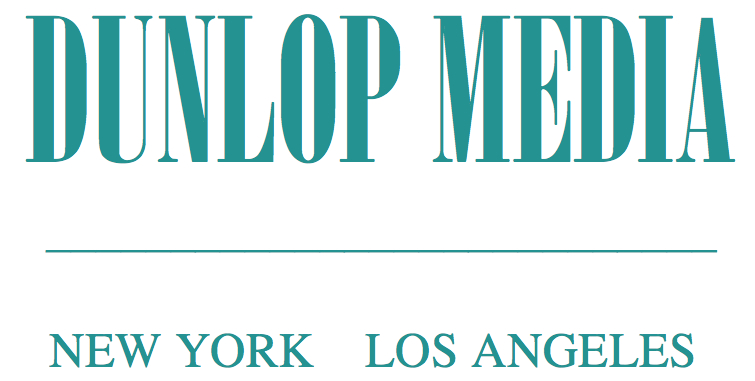by Doug Spero
The Brian Williams episode is another example why NBC stands for "Nothing But Confusion." After a week of filling the sandbags to hold off a man-made media crisis, the network finally decided to admit (indirectly) to the guilt of its lead anchor, and punish him in front of millions of confused and troubled viewers. As a former NBC news employee and a former news director of two ABC affiliated stations, I believe this was a very bad management move.
NBC is basically saying "our guy did wrong....we will punish him.....and then all will be OK." Really? In six months, the general viewing public will largely forget who Mr. Williams is. And if his replacement does a good job, then what does the network do at that point?
Do they put a tainted anchor back on the air, after someone else has restored credibility and perhaps built a new following? There must be applause in the halls of CBS and ABC, and David Muir especially must feel as though he has died and gone to news heaven. Talk about hitting "triple sevens" in the course of just a few months after taking over from Diane Sawyer.
Or is this simply an exit strategy by the network executives, to wait and see if anything else washes ashore on the streets of New Orleans? If there are any more dead bodies floating around in Wiliams' closet of war stories, he may never be back.
In the meantime, execs at the network, who must have been camping out in boardrooms for days (like Brian was camped-out at the Ritz Carlton), must be dizzy with overnight research, consultants, and senior managers - whose opinions, as insiders know, change like the tide going in and out of the Mississippi Delta.
How many bad decisions will be made during the next six months? At least one has already been made - by taking the middle ground. NBC either should have gotten Williams back on the air with a fresh apology, with teeth, sometime this week - or, they should have shown him the door.
Hey, Celebrity Apprentice is down to only two. Perhaps Williams will be available next season? That may be a good place to build on his skills?
This was not just a sad two weeks for NBC, but for broadcast journalism. It should teach all students of this trusted art a lesson. It should also be a reminder for those now in the profession to think before they speak, because the reputation they save may be their own.
Surely, the alleged sins of Mr. Williams have been committed by others over the years. After all, who can conclusively prove or disprove some of these far-fetched stories? The primary difference is that Williams got caught at his own game.
I remember one of NBC's great news directors paraphrasing Shakespeare: "You live by the sword, you die by the sword," he said. In this case, Brian Williams fell on the sword.
What a sad commentary for a once proud industry. I hope Murrow, Cronkite, Brinkley, Huntley, Newman, and the other founding fathers aren't looking down at this mess from that big newsroom in the sky. If they are, they are shaking their heads in disgust.








